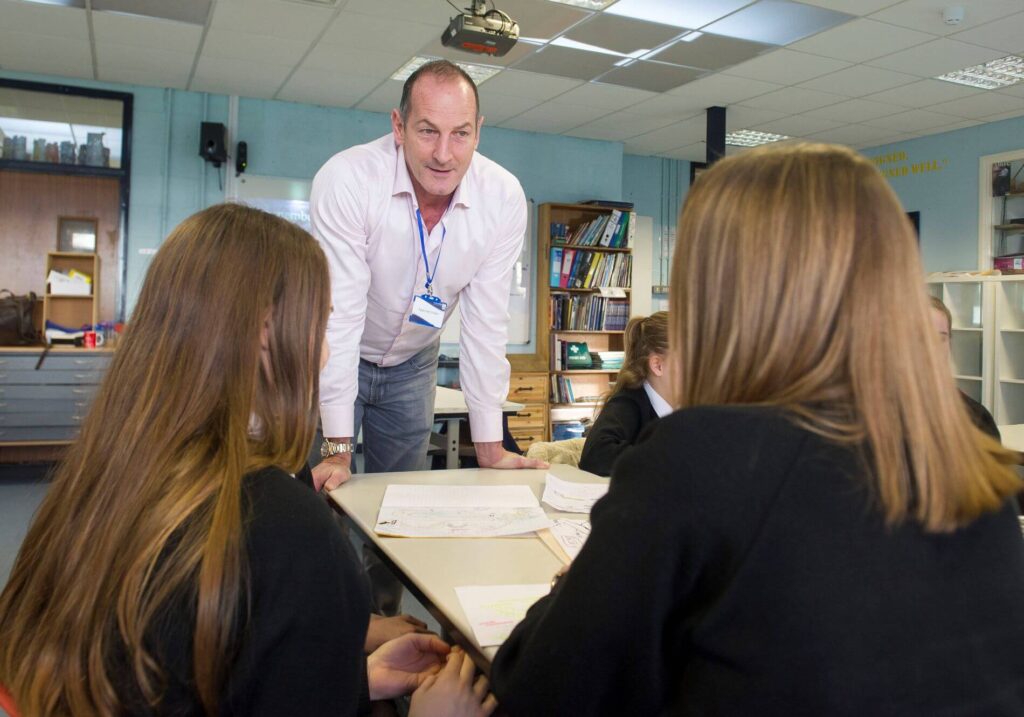In the educational landscape of the United Kingdom, we recognise the importance of providing children with the skills they need to succeed. And while academic achievements are highly valued, there is a growing understanding that education should not be limited to learning, testing and repeating the process over and over again. And yet, a great deal of the way we measure the effectiveness of our education system is simply by understanding the performance of kids at various testing milestones. What suffers is the opportunity for children to develop social-emotional skills through deliberate social-emotional learning (SEL).
So, what is SEL? It’s the process of developing skills for life effectiveness. It includes the ability to understand and manage emotions, set and achieve positive goals, feel and show empathy for others, establish and maintain positive relationships, and make responsible decisions. These are core skills that help to build resilience, foster well-being, and ultimately, prepare children for the demands of the real world.
Why start young with SEL? Just as with any language, the language of emotions is more easily absorbed during the early, formative years. By introducing children to SEL from a young age, we’re giving them a foundation upon which they can build a lifetime of emotional intelligence. Children who receive this education are better equipped to navigate their feelings, understand others, and interact in a positive, constructive manner.
The benefits of SEL are multifold. Research consistently points to increased academic achievement, improved attitudes and behaviours, and decreased emotional distress among children who receive social and emotional education. In essence, SEL provides the emotional literacy required to navigate the challenges of life.
However, despite these evident benefits, SEL is often neglected in the standard curriculum. It’s a shame, as neglecting SEL not only short changes our students but also misses a crucial opportunity to develop well-rounded, emotionally intelligent adults.
Drawing on the principles of the Compass For Life, we can view SEL as a vital ingredient to developing our life compass. Let’s start with the Super North Star, our ultimate direction and life’s purpose. SEL plays a key role here, assisting individuals in understanding their emotions and personal values, which then inform their life goals. I recently discussed this with a senior leader in a secondary school. During our conversation, they said that we must connect learning to a child’s dreams and ambitions to make learning make sense to them.
In the Warrior Cardinal lies action and accountability. With developed SEL skills, individuals can navigate their emotions effectively, leading to focused actions and personal accountability. The East Cardinal, the Ethos, stands for what we accept as right in our lives and forms our moral foundation. SEL directly feeds into this, helping us understand and empathise with others and shaping our ethos.
Finally, the South Cardinal, the Strategist, concerns planning and understanding our landscape. Here again, SEL has a significant role to play. It equips us with the emotional intelligence needed to assess situations, understand the emotions and behaviours of others, and plan our strategies accordingly.
By integrating SEL into our curriculum, we’re not just preparing our children for tests; we’re preparing them for life. We are building individuals with a strong Ethos, clear Super North Star, effective Strategist skills and a Warrior spirit when it comes to action and accountability. SEL doesn’t just complement the current curriculum; it enhances it, providing students with a rounded education that prepares them to navigate life’s complexities successfully. Once this is overlaid on to their Map (a tool we use to visualise and develop their master action plan) the landscape becomes even clearer.
In conclusion, the importance of Social Emotional Learning cannot be overstated. It is a vital component of a comprehensive education that shapes emotionally intelligent, resilient, and empathetic individuals. It is our duty, as educators, parents, and responsible citizens, to advocate for the inclusion of SEL in our standard curriculum, for it is these socially and emotionally skilled children who will grow up to become the warriors, the strategists, and the adults who lead and shape our future and transform our society for the better.

